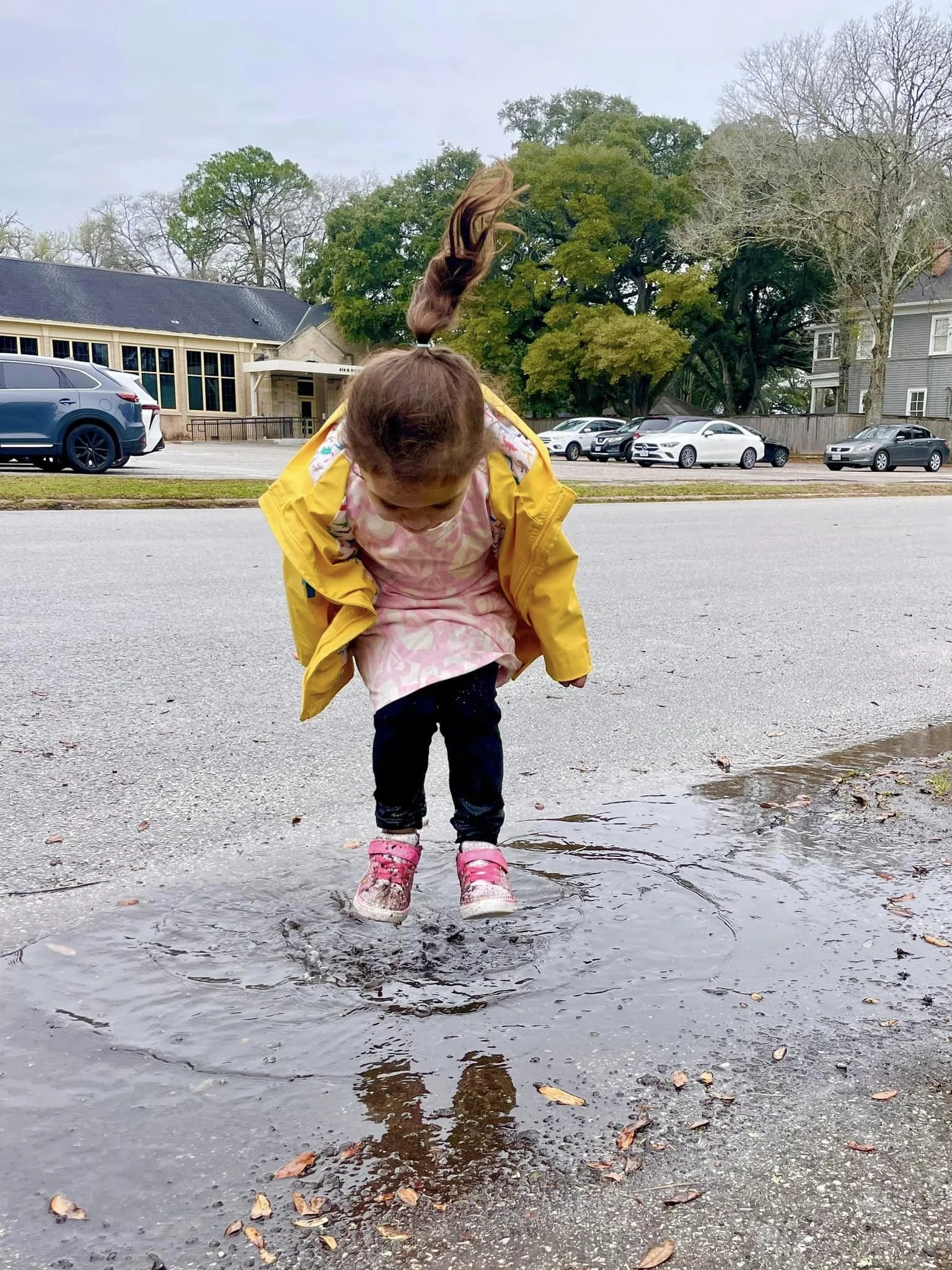
“All good things are wild and free.”
~ Henry David Thoreau
Joyce Trigger, Foundress of Shady Oak Christian School
Joyce graduated from the University of Illinois with a degree in Elementary Education. After teaching in a Chicago surburb for several years, she and her husband, Tom, moved to Texas in the early 1970’s. She taught elementary grades in a private school in the Rice University area, and subsequently received a master’s degree in Early Childhood Education from the University of Houston.
In 1987, Joyce founded Shady Oak Christian School, and was the sole director for 34 years before retiring in June 2022.
School Core Values
1. We cultivate empathy and compassion by showing how your actions affect others.
2. We celebrate the greatness of the individual by recognizing their worthiness and capability.
3. We cultivate gratitude.
4. We believe in the power of meaningful work.
5. We believe that my self-awareness allows me to embrace the gifts of others.
6. We believe that there are consequences to behaviors and those help me make thoughtful choices.
7. We cultivate curiosity and wonder.
8. We believe in the power of persistence, grit and problem solving.
9. We believe that there is freedom within consistent and enforceable boundaries.
10. We believe that becoming independent and self-reliant empowers me to contribute to others.
11. We believe in the value of the natural world.
12. We believe that healthy physical, social, nutritional and spiritual practices are the foundation for an individual’s success.
Our Teaching Methods
Play Based
Play-based learning appeals to children’s natural curiosity and their desire to engage in experiences based on their own unique interests, as they make sense of the world around them. Research shows that learning through play supports positive attitudes towards learning, providing a good foundation for ongoing success at school and skills for life-long learning.
Project Based
Project approach allows students to learn through hands-on experience and active participation. It is a student centered method that encourages critical thinking, problem-solving, collaboration, and creativity. It involves students working on a project over an extended period of time that engages them in solving a real-world problem or answering a complex question.
Nature Based
Nature based programs promote learning in children in both direct and indirect ways. It provides students to feel more attentive, less stressed, more self-disciplined, more engaged, more interested and more physically active and fit. And it can also provide a calmer, quieter, safer, warmer, and more cooperative setting for learning.
The Shady Oak Team
When we add to our Shady Oak Team, it is important to us that each team member understands the “Shady Oak Way.” As a team teaching young children through curiosity and wonder, guiding them toward emotional intelligence, and leading them in gratitude for the natural world, each of our staff members is wholeheartedly devoted to our School’s Core Values. We model these values through our interactions with our students and their families as well as with each other. As caregivers, we understand the important role we play in a child’s development and grasp the trust families have in us to place their children in our care. We aim to provide a safe, loving space for children and, above all, to preserve childhood.






